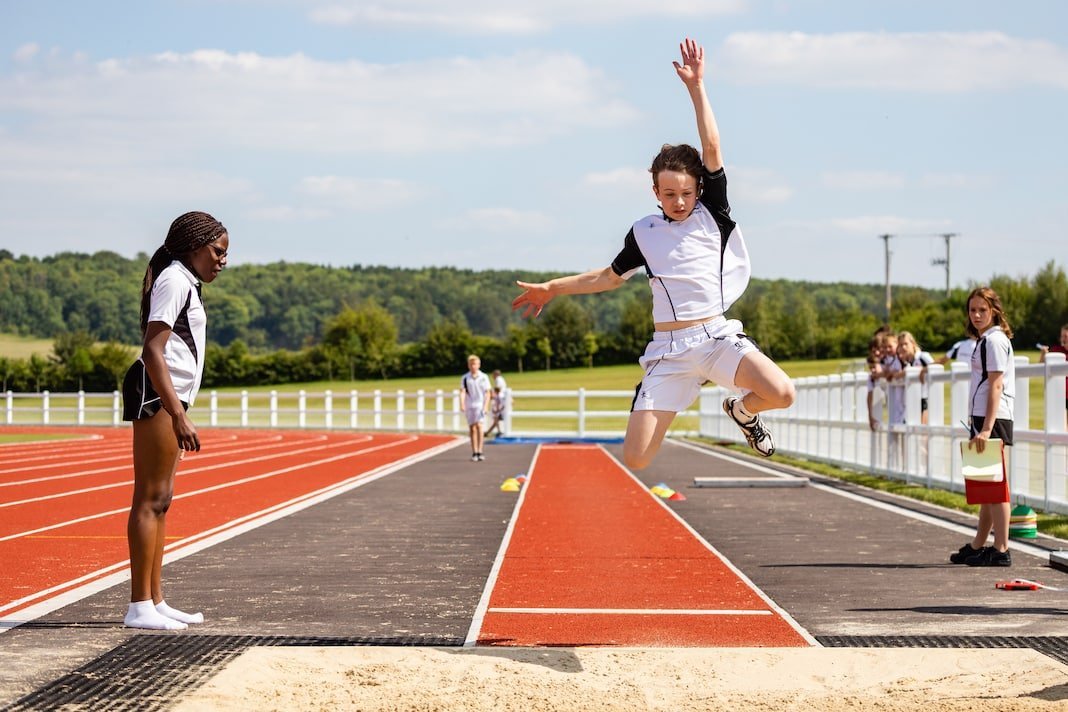Mark Lascelles, Head Master of Dauntsey’s School, discusses the importance of class and extra-curricular activities when it comes to igniting children’s passions and developing strengths for future life
An estimated 65% of children entering primary schools today will work in jobs and functions that don’t currently exist, according to the recent Universities UK report ‘Solving Future Skills Challenges’. Technological changes such as automation and artificial intelligence will transform the employment landscape. It follows, therefore, that schools should not just equip children with exam certificates, but also life skills which enable them to embrace new opportunities and be resilient when their chosen path doesn’t unfold quite as they had planned. A significant part of developing those skills is helping each pupil find an interest or a talent where they can excel, and a good school will see this as its mission.
Teachers can easily identify the more confident pupils, the sporty ones, the maths geniuses, the musical ones who sing as they pass along the corridors, and those who are first to volunteer or ask a question. But it’s equally important to identify the quieter ones who are more cautious and have not yet discovered their ‘spark’. Ideas and insights will certainly be running through their minds but, without the confidence to articulate these thoughts, the pupil and the class lose out.
On the sports field, these pupils may not be selected for the top teams. On stage they may not be picked for a leading role. In social situations, some may find themselves on the edge, needing only a little encouragement to get involved. Any good school should seek to ensure that every pupil has the opportunity to develop and shine; nobody should slip through the net. All members of staff have a role to play in enabling each child to discover what ignites their imagination. Find that spark, and confidence, happiness and – ultimately – resilience will follow.

It’s not all about achievements in the classroom, although for some a particular subject – or teacher – will provide that lightbulb moment. Extra-curricular activities can play a vital role. Our pioneering approach to adventure education has been transformative for the pupils who have walked through our gates. The ‘Moonrakers’ programme for all Third Formers (Year 9) has a far-reaching impact. They spend an afternoon a week on outdoor activities throughout the year. They might be kayaking, learning self-defence or orienteering, mountain biking, cooking outdoors, crossing a river, rock climbing or dinghy sailing. Whatever activity is involved, they develop teamwork and leadership skills, whilst stretching themselves mentally as well as physically.
“Teachers can easily identify the confident pupils, but it’s just as important to identify the quieter ones who have not yet discovered their ‘spark’”
The activities themselves are only part of the picture. The pupils are deliberately put into new groups. Everyone works with people outside their normal social circle, creating new teams and forming new relationships. Group dynamics change and the results can be surprising to both pupils and teachers. After a few sessions, vital life skills such as communication, co-operation, listening to others, sensitivity and tolerance of different ideas are learnt and new friends made.
By being encouraged to move outside their comfort zone and test personal boundaries, pupils can be amazed by what they achieve. Working with others towards a common goal teaches them how a team operates, how to lead and how to follow. A good school will educate their pupils, but an excellent school will develop the whole person – helping each individual find somewhere or something in which they can excel. Finding that spark helps each boy and girl develop a deeper understanding of how they function and this, in turn, brings greater self-esteem and a renewed energy and confidence in their own abilities.
Dauntsey’s School dauntseys.org
Further reading: St Margaret’s School on keeping it real with role models
You may also like...






























